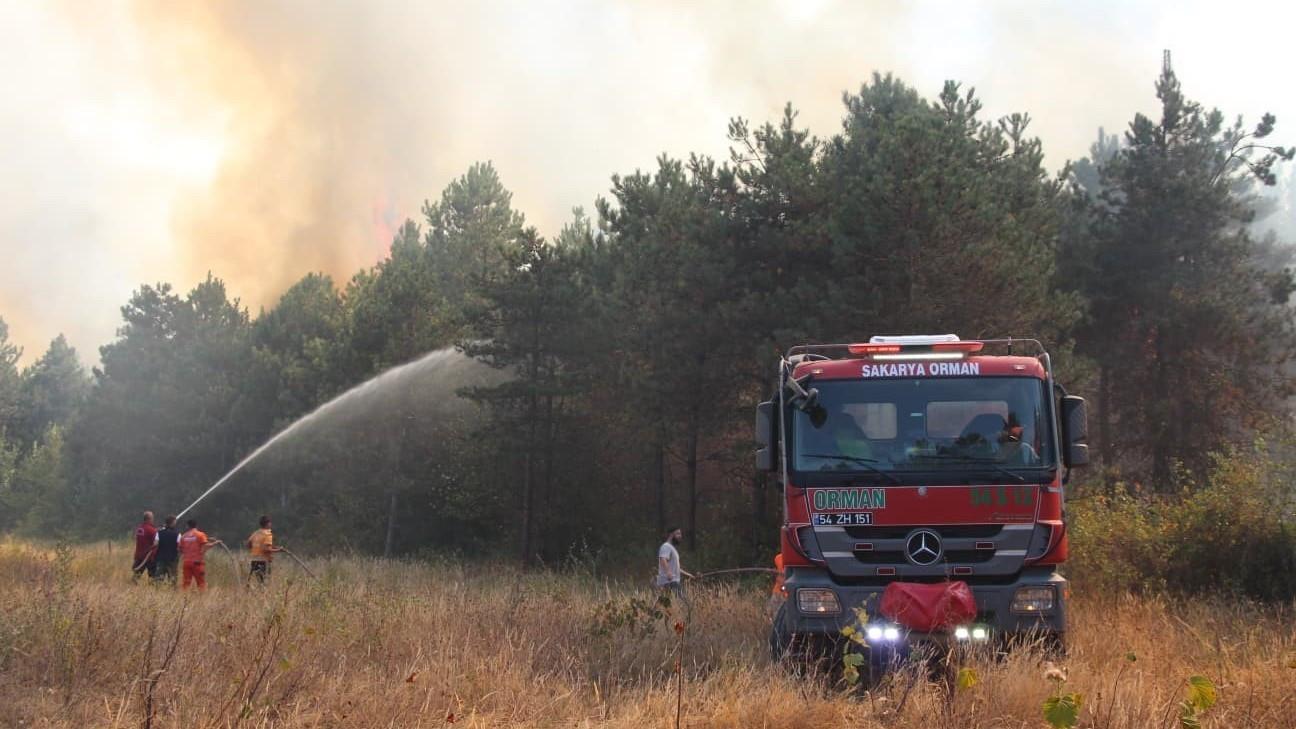
Climate change that has driven scorching temperatures and dwindling rainfall made massive wildfires in Türkiye, Greece and Cyprus island this summer burn much more fiercely, said a new study released on Aug. 28.
The study by World Weather Attribution said the fires that killed 20 people, forced 80,000 to evacuate and burned more than 1 million hectares were 22 percent more intense in 2025, Europe’s worst recorded year of wildfires.
Hundreds of wildfires that broke out in the eastern Mediterranean in June and July were driven by temperatures above 40 degrees Celsius, extremely dry conditions and strong winds.
WWA, a group of researchers that examines whether and to what extent extreme weather events are linked to climate change, called its findings “concerning."
“Our study finds an extremely strong climate change signal towards hotter and drier conditions,” said Theodore Keeping, a researcher at Imperial College in London.
“Today, with 1.3 degrees Celsius of warming, we are seeing new extremes in wildfire behavior that has pushed firefighters to their limit. But we are heading for up to 3 degrees Celsius this century unless countries more rapidly transition away from fossil fuels.”
The study found winter rainfall ahead of the wildfires had dropped by about 14 percent since the pre-industrial era, when a heavy reliance on fossil fuels began. It also determined that because of climate change, weeklong periods of dry, hot air that primes vegetation to burn are now 13 times more likely.
The analysis also found an increase in the intensity of high-pressure systems that strengthened extreme northerly winds, known as Etesian winds, that fanned the wildfires.
Gavriil Xanthopoulos, research director at a forest ecosystems institute in Greece, said firefighters used to be able to wait for such winds to die down to control fires.
“It seems that they cannot count on this pattern anymore,” Xanthopoulos said. More study is needed to understand how the wind patterns are reaching high velocities more often, he said.
Flavio Lehner, an assistant professor in Earth and atmospheric sciences at Cornell University, said the summary and key figures were consistent with existing literature and his understanding of how climate change is making weather more conducive to wildfire.
Climate change is “loading the dice for more bad wildfire seasons” in the Mediterranean, Lehner said.